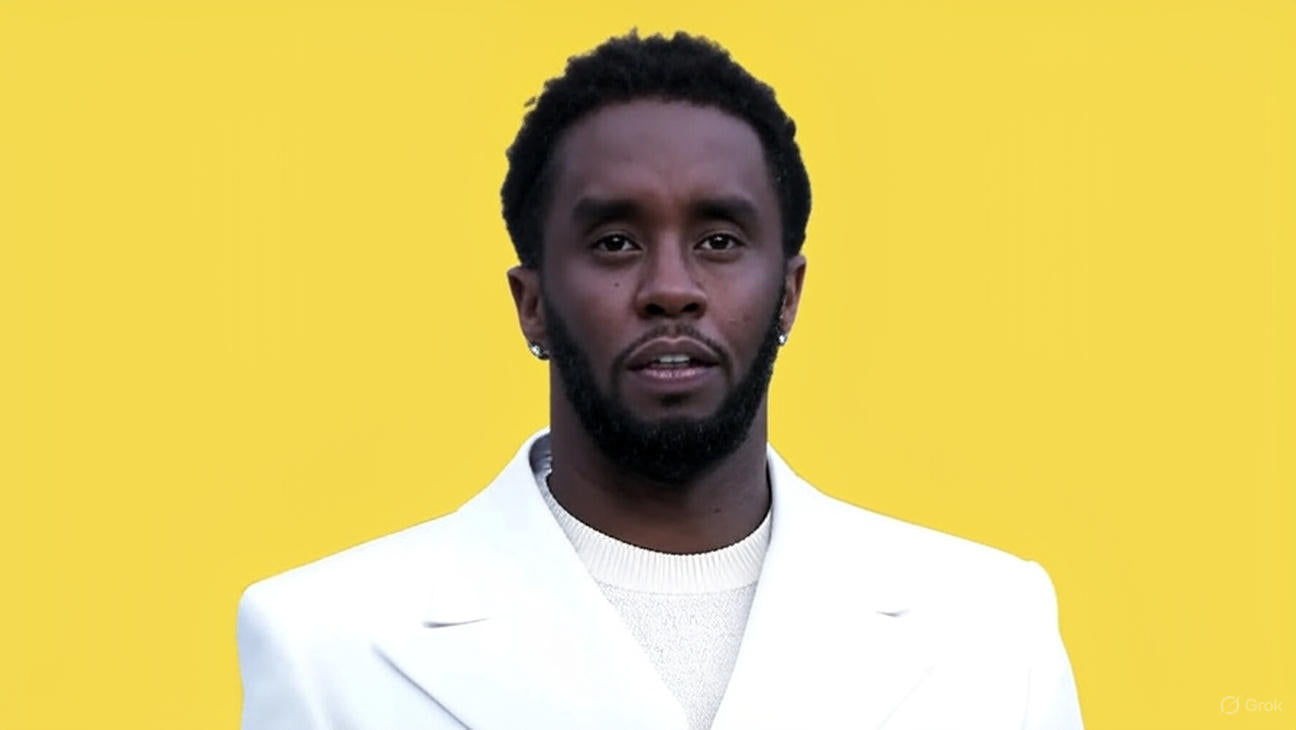Trump-Paramount Skydance Deal Ignites Hollywood Outrage
Introduction
The entertainment industry is once again in turmoil as reports emerge that the Trump administration is pushing for Paramount-Skydance to acquire Warner Bros., raising questions about media consolidation, cronyism, and political influence in Hollywood. Social media has exploded with reactions, memes, and debates over the implications for competition and creative diversity.
Diddy was reportedly attacked with a knife in prison.
— Pop Tingz (@ThePopTingz) October 24, 2025
He woke up with the knife pressed to his neck. (Via TMZ) pic.twitter.com/WMcSwyDOdP
Background: Why This Deal Matters
Warner Bros. Discovery (WBD), known for HBO, CNN, and DC Comics, has been struggling with a $40 billion debt load and declining stock prices. Following multiple failed mergers and acquisitions, Paramount—currently merging with Skydance Media—has surfaced as a favored bidder.
Sources indicate the White House may be signaling to WBD that alternative bids could face regulatory obstacles, while the Paramount-Skydance deal could proceed smoothly. This has prompted accusations of favoritism due to political connections, especially David Ellison’s ties to Trump.
Hollywood Merger Mania
The proposed acquisition would combine Paramount, Skydance, and WBD, creating a media giant controlling iconic franchises such as:
- Star Trek
- Mission: Impossible
- The Lord of the Rings
- Game of Thrones
In addition, news outlets like CBS and CNN would fall under the same umbrella. Critics argue this level of consolidation could stifle competition in streaming and reduce diversity in content creation.
Political Firestorm: Cronyism or Market Efficiency?
Senator Elizabeth Warren publicly condemned the potential merger, warning that it could undermine antitrust laws and concentrate media power among Trump allies. Social media responses range from humorous memes to serious concerns about corporate influence on culture and news.
Pro-Trump supporters, however, frame the deal as an example of efficient capitalism, emphasizing potential growth and streamlined operations. Analysts suggest the merger could control nearly 20% of U.S. box office revenue and significantly impact the streaming market.
Implications for Hollywood and Consumers
If approved, this merger could:
- Reduce competition across films and streaming services.
- Influence which projects get funding and distribution.
- Set a precedent for political favoritism in media acquisitions.
- Affect licensing deals for digital platforms globally.
Experts caution that vertical integration could favor in-house productions, potentially limiting opportunities for independent studios and smaller content creators.
FAQs
Q1: Who is David Ellison?
A: David Ellison is the CEO of Skydance Media and son of Oracle co-founder Larry Ellison. He has political ties to Trump and has hosted fundraisers for Republican causes.
Q2: What is the role of the Trump administration in this deal?
A: Sources suggest officials are signaling that bids from non-Paramount players may face regulatory hurdles, implying favoritism.
Q3: Could this merger affect streaming services?
A: Yes, merging Paramount+ with WBD’s Max could consolidate content libraries, potentially limiting competition and raising subscription prices.
Q4: Are there antitrust concerns?
A: Absolutely. Combining these media giants would control a significant portion of both film and TV distribution, raising antitrust flags.
Conclusion
The Trump-backed Paramount-Skydance acquisition of Warner Bros. represents more than a corporate deal—it is a litmus test of political influence, market power, and the future of Hollywood. For consumers, filmmakers, and media analysts, the outcome could reshape not just what content we watch, but who controls it.
Hollywood insiders and social media users alike are asking: Is this the dawn of efficient market consolidation or a troubling example of favoritism and concentrated power? Only time will tell.


0 comments